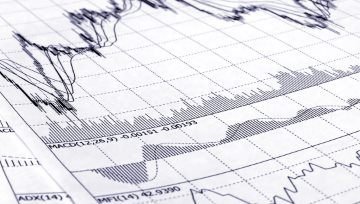New Age | Dollar price rises to Tk 121.5 on kerb market


The dollar rate on the open market, also known as the kerb market, rose by over Tk 1.5 to reach Tk 121.5 a dollar on July 25 amid unrests centring quota reform protests across the country.
The dollar rate in banks, however, remained steady at Tk 118 on the same day.
Officials of money exchange houses said that the inflow of dollars was disrupted by a nationwide curfew, general holidays and an internet shutdown.
Expatriates sent only about $78 million in remittance in the period between July 19 and July 24, while the average daily remittance inflow was about $79 million in the first 18 days of the month.
Banks were open for just one day, on July 24, during this period.
The government imposed a curfew in the country from midnight past July 19 as unrests over quota reform protests escalated.
More than 200 people were killed and several thousand were injured in the protests since July 16.
An internet blackout starting on July 18 further halted digital and mobile financial services.
The government also declared a general holiday from July 21 to July 23, keeping offices, including banks, closed.
The curfew was relaxed on July 24, allowing offices and banks to open from 11:00am to 3:00pm.
Partial restoration of broadband internet began on the evening of July 23, with gradual expansion of services.
On May 8, the Bangladesh Bank increased dollar rate by Tk 7 to Tk 117 each as it introduced the crawling peg exchange rate system for buying and selling dollars.
On the following day, the open market rate had spiked to Tk 125 before settling at Tk 120.
The exchange rate was Tk 94.7 in July 2022 and Tk 84.8 in July 2021, indicating a 40 per cent devaluation of the taka over three years.
The ongoing dollar crisis is attributed to various factors, including a significant gap between supply of and demand for dollars in the country.
The depletion of foreign exchange reserves, poor inflows of remittances and low export earnings are contributing to the imbalance in the foreign exchange market.
The dominance of the informal ‘hundi’ market, where unofficial currency trading occurs, also plays a role in exacerbating the crisis, according to economists.
The foreign currency reserves, according to International Monetary Fund guidelines, dropped to $20.46 billion on July 10.
Source link





